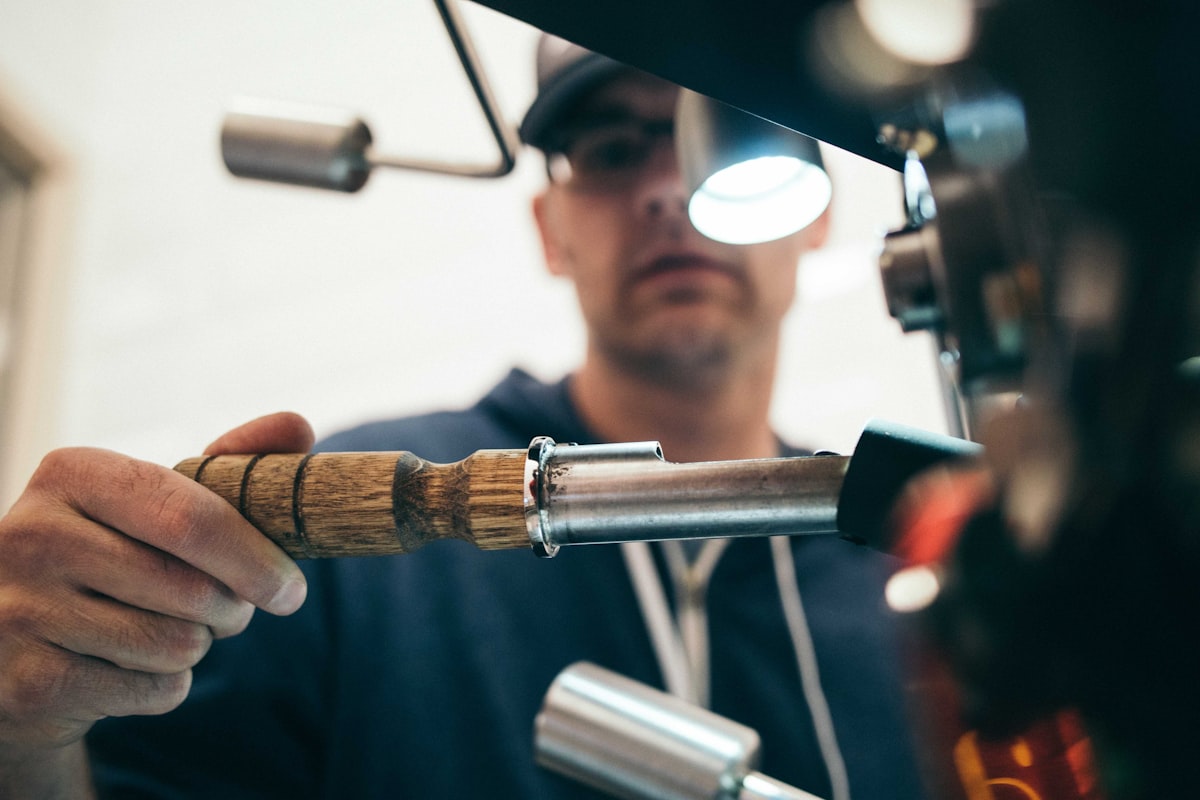Larry Ellison gained around $110 billion in a single trading day after Oracle reported explosive AI cloud revenue growth, marking the largest single-day wealth gain in modern financial history. Oracle jumped 40% after projecting their AI cloud revenue could hit $144 billion annually.
Ellison's now worth something like $400 billion, just behind Musk's $422 billion, according to Bloomberg's Billionaire Index. Closest anyone's come to challenging Musk since he overtook Bezos in 2021.
Oracle's AI infrastructure bet is paying off spectacularly, at least on paper. Their cloud revenue jumped 45%, with CEO Safra Catz projecting massive growth - a number that assumes every AI company in the world decides Oracle is worth the premium over AWS.
Wall Street is throwing money at anything with "AI" in the name - market fundamentals are optional. Sure, OpenAI, Cohere, and Anthropic are paying Oracle's premium pricing, but that's mostly because they're burning through venture capital faster than their H100s burn through electricity. Oracle has carved out the "expensive but performant" niche while AWS handles the bulk of actual enterprise workloads.
"We've signed multiple billion-dollar cloud contracts with AI companies over the past quarter," Catz said during the earnings call. They're sitting on contracted revenue that exceeds most companies' entire market caps.
Oracle's 40% single-day rally was their biggest since 1992, when they were still primarily a database company. The surge pushed their valuation past the trillion-dollar mark.
Ellison made more money in one day than most countries make in a year. That's completely insane.
The Oracle founder's stake in the company he co-founded in 1977 accounts for the vast majority of his wealth. Ellison owns approximately 40% of Oracle's outstanding shares through direct holdings and his trust, making him one of the most concentrated billionaires in terms of single-stock exposure.
This affects more than just Ellison's bank account. Oracle's success in securing long-term AI contracts puts them right in the middle of the AI supply chain, competing with Nvidia on chips and AWS on cloud infrastructure.
Oracle still faces massive challenges scaling data center capacity globally while competing against AWS, which brings in twice their total revenue. Their OCVMs are notorious for failing during peak GPU loads - I've seen them throw ORA-600 internal error around 95% memory usage. Their networking can't handle distributed training above 1000 nodes - I've seen 8-10 second delays that kill throughput.
The stock now trades at 45x earnings, which requires Oracle to execute flawlessly on AI cloud growth. That's insane pricing for what you get.
Wall Street analysts are doing what they do best - chasing momentum with price targets. Bank of America raised its target to $200 per share, conveniently ignoring that Oracle still needs to prove they can scale globally without melting their infrastructure.
Oracle's success mostly shows that investors will throw money at anything with "AI" in the pitch deck. The real test comes when these AI companies realize they're paying 2-3x AWS pricing for slightly better performance. Oracle's betting that premium justifies the cost - we'll see how that works when VC funding dries up.

